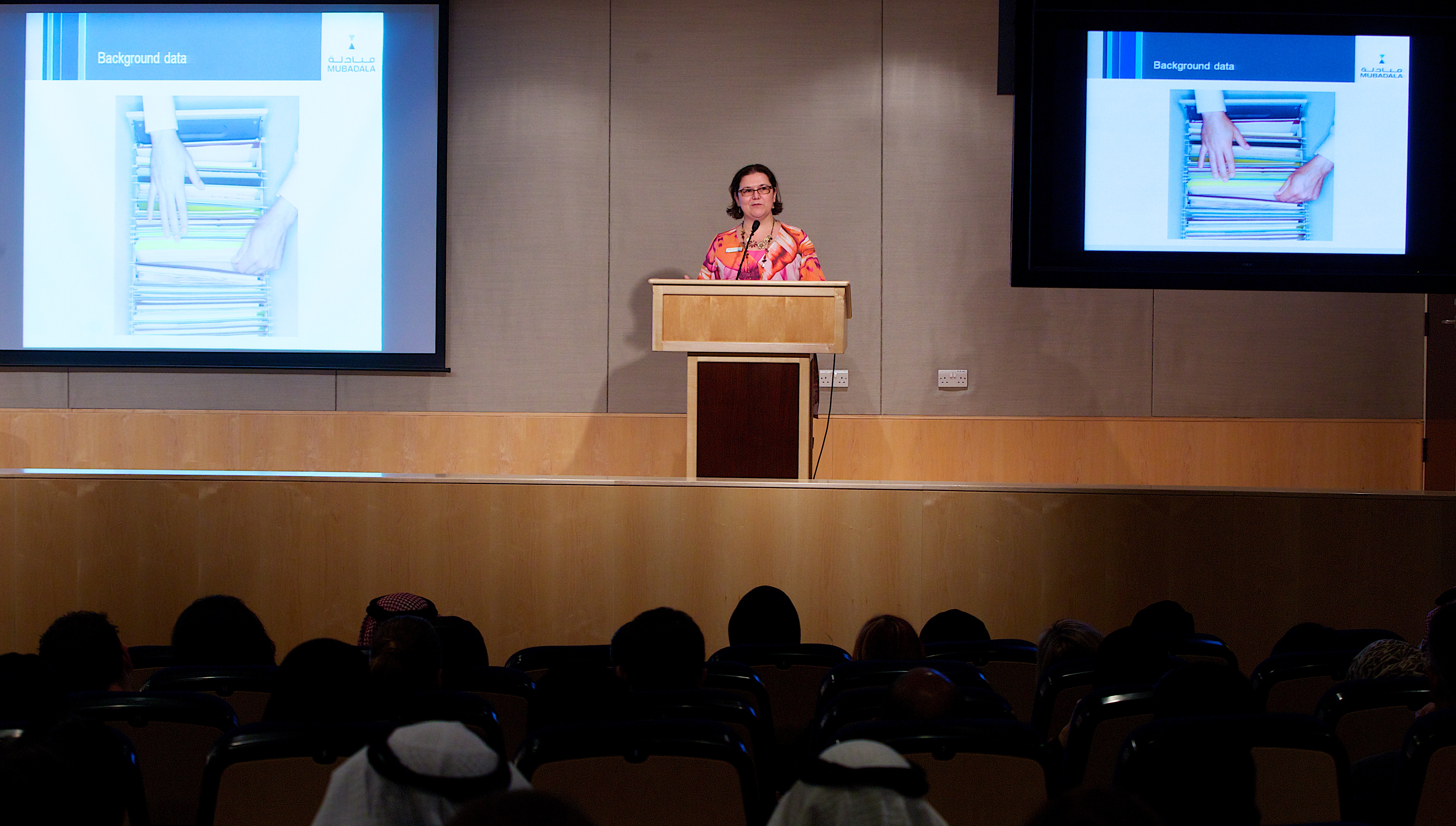
Sports and business bear a lot of resemblance. If you are interested in the topic, you will find here an interview from two former Olympic medalists who teach what HR can learn from sport.
As the Tokyo Olympics are closing today, I want to look at what we can learn specifically for managing performance from the athletes that just competed in this most challenging tournament in Japan.
1 – Take on stretch goals
Top athletes look to improve on themselves every single day. They set themselves stretching goals and relentlessly pursue them. They believe in themselves and their ability, and are not afraid of having big dreams. They know that the higher your goals, the higher you will end up delivering. Shoot for the stars and you might just reach them !
2 – Learn from your mistakes
Olympic athletes learn from their mistakes. When they don’t get the expected results, they don’t deny it. They don’t get stuck in guilt or fear of repeating what went wrong, paralysed and not moving on. No, they acknowledge the mistake, study how to improve and practice repeatedly until it becomes natural. Embark on a path to improvement, and remember than we learn more from our failures than from our successes.
3 – Focus
These athletes are totally focused. Their life is constructed around what matters to them. I am not saying that objectives from your work should be the only thing you care about. But we are easily distracted by false emergencies, last-minute requests and other urgent but not important activities. We can learn from the top sports people how to keep our attention and time fixed on the most important goal.
4 – Having a coach / mentor is essential
No-one can do it alone. Olympic athletes know that in order to be at the best of their ability, they need to rely on others, in particular their coaches. The coaches guide them, make them realise which path to take, and act as an external point of reference. At work, we can all request advice from someone more experienced than we are in a specific area. We can also pledge a commitment in front of another team member : making a public announcement on a resolution gives us more accountability and pushes us more to work towards it than if we “only” commit without talking to anyone.
5 – One area of expertise… but based on a well-rounded athletic approach
Olympic athletes excel at one speciality, whether triathlon, boxing, diving or wrestling. But this deep expertise is based on a generalist foundation : they train in other sports including yoga and strength training. The other sports complement their expertise and give it a solid foundation. We should always remember to do the same : keep interest in different aspects of the business. This way we ensure that our specialist HR or Compensation advice is based on a real understanding of what is needed, and is therefore at its most effective.
Extra tip : take care of your mental wellbeing
For maybe the first time, we have seen athletes being open and candid about the pressure they are facing during this ultimate event. The withdrawal of Simone Biles, regarded by many as the superstar of gymnastics, to take care of her mental and physical health, came a few weeks after Naomi Osaka, the current #2 female tennis star, also withdrew from the French Open and Wimbledon tournaments for the same reasons. The most decorated Olympian of all time, Michael Phelps, commented that he hopes this will serve as an opener for more conversations to reduce the stigma around mental health and mental wellbeing.
In the corporate world, we have seen more and more organisations, and employees, getting vocal about the extra strain that the pandemic and its numerous consequences have had on mental wellbeing. Understanding when to slow down and focus on ourselves, so that we can come back at full capacity later on instead of burning out, is very important. After all, as per the safety announcements in planes, you need to put your oxygen mask on your own face and mouth before assisting others !
What other lessons do you think we can learn from top athletes ? Share your thoughts in the comments section !
Related posts :




As an Ex Athlete myself, Those are definitely spot on!! Few to share from my own that helped me in my career:
– Always Keep the eyes on the goal ! This has built me into an execution powerhouse and great problem solver which is great skill to have in the world of compensation! Great tool to close the deal or influence the organisation in a unpopular decision.
– Embrace Challenges ! It makes you better!!
– Sometimes You just have to go for it. Take risk even in the world of comp and Ben ! if it works fine if not, learn from it . This muscle is built on belief. Believing on your abilities – whether it is a risky innovation,unpopular decision or tough negotiation-go for it if facts and principles are backing you up ..
– DO the work. Get the discipline of getting all your facts and analytics ready like in training ! There is no other way !
Hi Sabine,
Thanks a lot for sharing your own tips :-). At the time, the idea for this post came to me after a conversation with one my team members. She had been a gymnast athlete in her youth and had a lot of ideas to share on how to manage the performance of individuals who allwant/need to shin while contributing to “Team Canada” for example. Clearly, the world of sports is a great opportunity for learning leadership and self-management 🙂